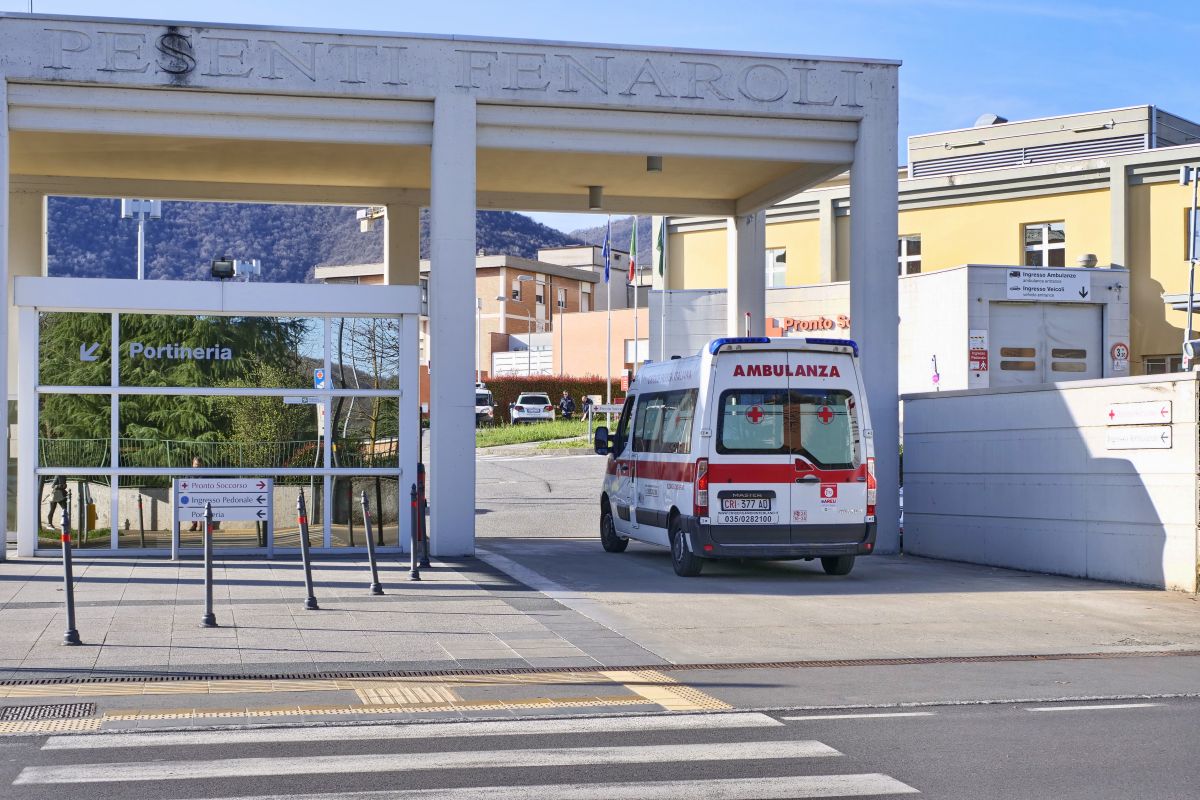ROME (ITALPRESS) – The bill on waiting lists must speak clearly on one aspect that represents its real point of arrival: it is necessary to give certainty and guarantee to the citizen’s right to access services within the maximum timeframe provided by the rule by respecting priority codes. “To do this,” explained Tonino Aceti, president of Salutequità, during the Senate hearing as part of the examination of the Health Benefits Bill, “it is essential to better detail the guarantee mechanism and make this right effectively binding. How? By stipulating in the law that the CUP operator (the Single Reservation Center) who takes charge of the person, must be responsible from start to finish to handle the case and close it in the manner prescribed by the Region within a time frame of 48 hours. If at the time of contact with the citizen, the CUP does not have the capacity to give a time-abiding date, it takes 48 hours, coordinates with the general management or other dedicated staff of the ASL and with this analyzes and finds a solution to the problem. If the solution is not there in the public service, authorization is given to go to intramoenia freelancing or accredited private paying only the co-pay. This must be automatic because the citizen has the right to the service, within the established timeframe and no longer has to absolutely resort out of his own pocket to the private or postpone if not give up the service: a great element of inequity in the health service. “Timely access to care, Aceti recalled, “is one of the goals missed today in the SSN. Istat says that 4.5 million citizens in 2023 gave up care due to waiting lists and only a few regions in 2023 returned after the Covid emergency to lower levels than 2019 with respect to the renunciation of care. However,” he added, “private healthcare spending by families is growing, and it is the Court of Auditors that says so: in the period 2021-2023 it will rise from 41 billion to 43, with an incidence on GDP now reaching 2.1 percent. Today it happens, Aceti explained, that the citizen calls the CUP, for example, with a priority code of 30 or 60 days, and this gives a date on the whole Region that is not respectful of the maximum times sometimes even by many months. Few regions are saved from this situation. At this point the Cup puts the citizen on so-called guarantee lists: they take the name and surname of the patient with the commitment to call him back within three four days, which often become a week, even ten days, or he is not called back at all. “The mechanism does not work,” Aceti said, “and when in case they call back, they often say that the service in those times is not there, it leaves the citizen alone with the prescription and the problem and there the possibility of care for the person in the public service is closed. Other important aspects of Salutequità’s remarks – which sent the Commission a detailed note on the matter – concern the need to speed up the law’s implementation timeframe with the issuance of the implementing decrees “because they are all behind schedule,” Aceti added, “and this is a critical element: that measure, if it can bring effects, can do so only if the implementing decrees reach the finish line and do so in the shortest possible time. Aceti then pointed out to the Commission the need for a decisive intervention on the depowering of the text of the original decree-law in the conversion law on the so-called ‘blocked agendas. “A depowering,” he explained, “that there was in the conversion phase where one of the prerogatives of the national platform of Agenas was to identify the so-called blocked agendas. This element is a critical issue, a depowering of the measure that would instead come in very handy today. This is why we ask that in the Dl the prerogative of mapping blocked agendas also be given back to Agenas.” According to Aceti then, there are aspects to be handled with caution and by putting very clear stakes so as not to put even more pressure on families’ incomes to care or leave behind the most fragile. This is the case of the provision of charges to users for the performance in telemedicine of laboratory services, for which it is not specified whether they will be alternatives to “traditional services” or additional. In the first case we would be in the presence of an unacceptable shift of LEA costs from the NHS to families. As well as the possibility even for people with little or no digital skills to be able to make use of and contribute to the Reporting Registry, providing access even by telephone for example. Finally, the monitoring system must be greatly strengthened, and “if the fight against waiting lists is a load-bearing strategy of the National Health Service,” he concluded, “it will have to rely on structural resources for their abatement. “These,” he proposed, “could also be found within the objectives of the National Health Plan (i.e., strategic and priority objectives on which to converge, in agreement with the regions, a share of the National Health Fund), which today present more than a few criticalities, lacking for years the National Health Plan, within the system itself.
photo: Ipa Agency
(ITALPRESS).

